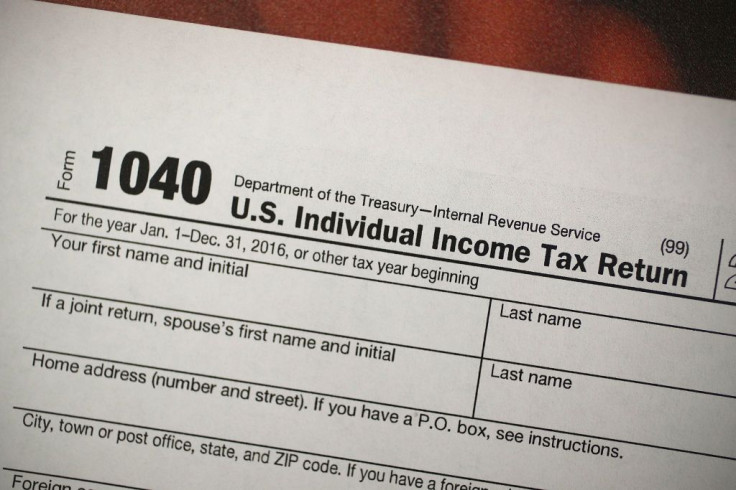Trump Taxes Controversy: Justice Department Argues Subpoenas For Financial Records Is Unconstitutional

KEY POINTS
- Justice says the subpoenas amount to harassment of the president and are unconstitutional
- Trump's financial records are being sought by the Manhattan district attorney's office and three House committees
- Oral arguments are set for March 31
The Justice Department urged the U.S. Supreme Court Tuesday to overturn lower court rulings and reject subpoenas issued for President Trump’s tax records, calling the subpoenas unconstitutional.
Trump is appealing lower court rulings that ordered him to turn over the documents to Congress and New York prosecutors.
In court filings, Justice argued the Constitution prohibits local prosecutors from investigating a sitting president and that Congress has not met the criteria necessary for demanding such information.
In a brief filed Tuesday, Justice argued Congress has limited investigatory powers and the subpoenas amount to harassment of the president. A similar filing Monday argued the Manhattan district attorney’s subpoena threatens the independent functioning of the office of the president.
The House Oversight and Reform Committee seeks the president’s personal and financial records from his accountants, Mazars USA, while the House Intelligence and House Financial Services committees are seeking records from Deutsche Bank and Capital One. The committees said the information was necessary to their investigations into Russian interference in U.S. elections and money laundering.
Justice argued the committees failed to identify legitimate reasons for justifying the subpoenas.
“[C]ommittees investigating far-reaching public problems, such as money laundering, do not properly exercise that discretion by making the president the primary target of their inquiries," Justice wrote.
Manhattan District Attorney Cyrus Vance sought tax records and financial records from Mazars as part of his investigation into hush money paid to two women to keep them from talking about alleged sexual affairs with Trump.
Two appellate courts, in the District of Columbia and the 2nd Circuit in New York, ordered Mazars to comply with the subpoenas.
In a brief filed Jan. 27, Trump’s attorneys argued the lower court decisions were misguided and urged the high court to shield the president from interference, warning to do otherwise would open the chief executive to a “flood of presidential subpoenas.”
Oral arguments are scheduled for March 31.
© Copyright IBTimes 2024. All rights reserved.





















